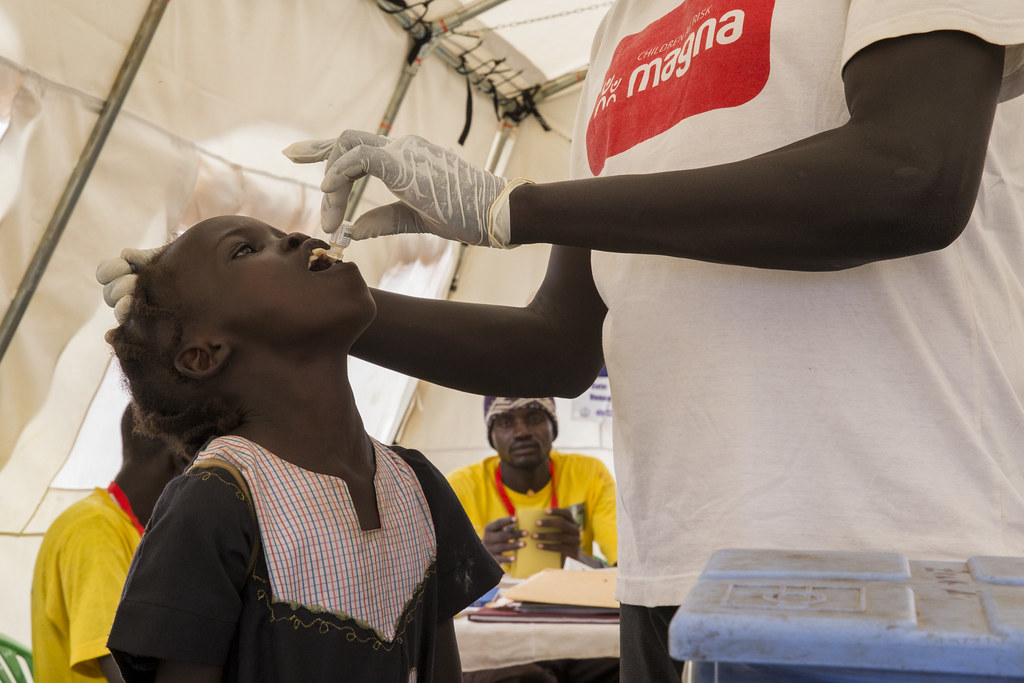Context:
A new oral vaccine for cholera, Euvichol-S, has received prequalification from the World Health Organization (WHO).
Key highlights:
- This vaccine is manufactured by EuBiologicals Co., Ltd of Republic of Korea
- The WHO’s prequalification list already includes Euvichol and Euvichol-Plus, also produced by EuBiologicals Co., Ltd.
- Euvichol-S utilises a simplified formula with fewer ingredients, resulting in reduced production costs and faster manufacturing processes.
Significance:
- WHO’s approval allows donor agencies like Gavi and UNICEF to procure Euvichol-S for distribution in poorer countries, offering hope in combating cholera outbreaks.
- It is estimated that approximately 50 million doses for the global stockpile will be available this year, up from 38 million doses in the previous year.
Challenge:
- Despite progress, the demand for cholera vaccines remains high, with 14 affected countries requesting 79 million doses since January.
- WHO reported a depletion of the global vaccine stockpile in early March, with only 2.3 million doses being available.
About Cholera:
Cause:
- Cholera is an acute diarrheal disease caused by the bacterium Vibrio cholerae

Transmission:
- It is primarily transmitted through contaminated food and water.
- It is most prevalent in regions with inadequate sanitation and limited access to clean water.
Symptoms:
- Most infected persons experience no symptoms (asymptomatic).
- In severe cases, it can lead to profuse watery diarrhoea, vomiting, muscle cramps, rapid dehydration, and weakness.
Treatment
- Cholera treatment involves rehydration with oral or intravenous fluids and antibiotic therapy for severe cases.
- Without treatment, cholera can be fatal, with mortality rates ranging from a quarter to half of those infected.
Prevention:
- Clean Water and Sanitation: Access to clean water and proper sanitation is crucial for preventing cholera transmission.
- Hygiene Practices: Promoting regular handwashing with soap and water is essential for reducing the risk of cholera infection.
- Vaccination: Vaccination can provide added protection during outbreaks or in high-risk areas.
Global Impact and Recent Trends
- Since January, the World Health Organization (WHO) has reported over 824,000 cholera infections and 5,900 deaths worldwide.
- The highest concentrations of cases have been observed in the Middle East and Africa.
- Warming temperatures, conducive to the survival of cholera bacteria, have exacerbated outbreaks. According to the WHO, it has led to the highest death rates in a decade.
Conclusion:
With Euvichol-S’s increased availability, alongside a continued emphasis on sanitation and hygiene, there is hope for mitigating the impact of cholera in vulnerable communities and reducing its burden on public health.

